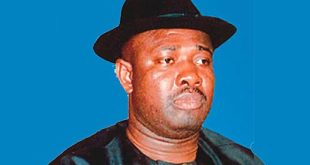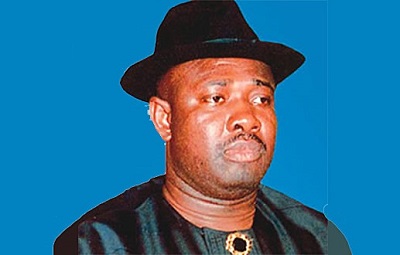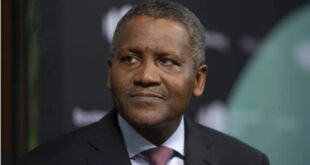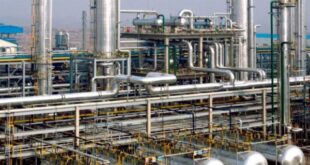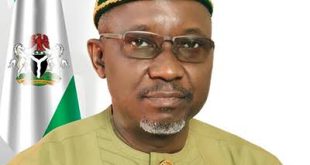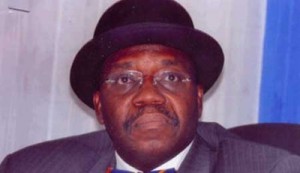
The federal government monday disclosed that it would rather continue with the ongoing electricity reforms that was initiated and started by the previous governments of Presidents Olusegun Obasanjo and Goodluck Jonathan than abandon it as is being speculated in some quarters.
It stated that in addition to continuing with the power reform, it would also fine tune aspects of the policy to address extant challenges of the sector as well as initiate new measures to sustain private sector investments in the sector.

The Permanent Secretary of the Ministry of Power, Godknows Igali, made this disclosure in his opening remarks at an electricity investment summit, ‘The Powering Africa Nigeria Investment Summit’ in Abuja.
Meanwhile, a proposal was made by former Minister of Power, Prof. Barth Nnaji, at the summit asking the government to consider decentralising Nigeria’s electricity transmission network.

Igali, while providing an insight into the plans of the government of President Muhammadu Buhari for the Nigeria’s power sector, stated that the government had clearly stated its intention to go on with the reform exercise but will fine-tune its processes to stabilise existing developments in the sector.

He explained that as part of such commitment to continuity, the government noted that it would further push for sanctity of the regulatory environment to give investors comfort.
“We want to assure you that President Buhari has reiterated that his government will do everything to make the environment in the power sector better for our investors.
“Investors can have the confidence that their investments in the power sector are not only secured but we will ensure that there is sanctity of stable regulatory environment for you to invest,” Igali said.
He further noted: “You can be sure that government, on its part, will continue to refine anything that needs to be refined in order to enable you do your business in Nigeria. We are also looking at diversification of our power base, very soon, we will commence a coal power plant, and there are a lot of hydro and solar power sources too.
The vice president has also continued to assure that they will improve on what they met on ground and that the government will continue to fine tune aspects of the reform that needs to be fine tuned.”
Igali also spoke about improvement in gas supply to thermal generation companies in the sector, saying: “Gas had been a major problem but the good news is that gas is becoming available.
We engaged the gas people and today, we have more gas than we ever had and we thank the NNPC for that.”
Nnaji, in his presentation at the summit, advised the government to consider breaking up the country’s transmission network into non-politically influenced regional transmission networks to stimulate efficiency and investments by private investors.
He explained that a situation where transmission projects often delayed by poor government budgets and investors reluctantly put in their money to upgrade the transmission network would eventually impede the growth of the sector.
The former minister reiterated that the transmission network at its current status remains deficient and unable to meet the aspirations of investors in the generation and distribution aspects of the industry.
“We say transmission constraints are because the transmission network is radial, which means, it is not looped and as a result if something happens somewhere, there can be failure in power supply.
“What we would like to see is a robust transmission network that is also able to wheel all the power that we want to wheel. Right now, we cannot wheel all the power that is installed in Nigeria and we need to build more of transmission but it is expensive to build,” Nnaji said.
He then added: “What we are saying is that there should be a way to have the private sector come in. The national grid will always remain, but for me, if we segment the grid and have private sector take over some of the segments and use a model of either build, operate and transfer, it becomes possible for us to quickly transform the sector.
“The National Control Centre, System Operator among others will still be in place but being able to fund the sector is critical, and the amount of money available for the transmission is very little.”
 MMS PLUS NG – Maritime, Aviation, Business, Oil and Gas News Online Newspaper with coverage in Maritime, Oil and Gas, Aviation, Power and Energy as well as Financial News
MMS PLUS NG – Maritime, Aviation, Business, Oil and Gas News Online Newspaper with coverage in Maritime, Oil and Gas, Aviation, Power and Energy as well as Financial News



